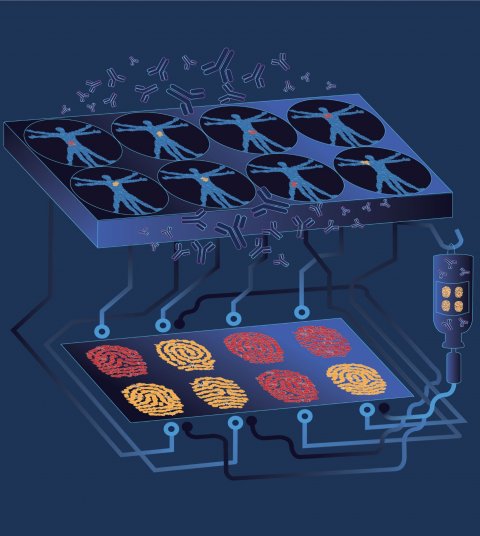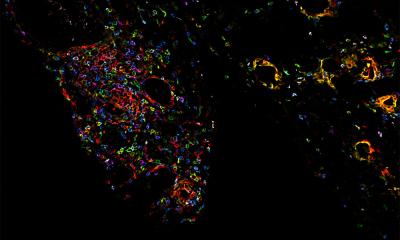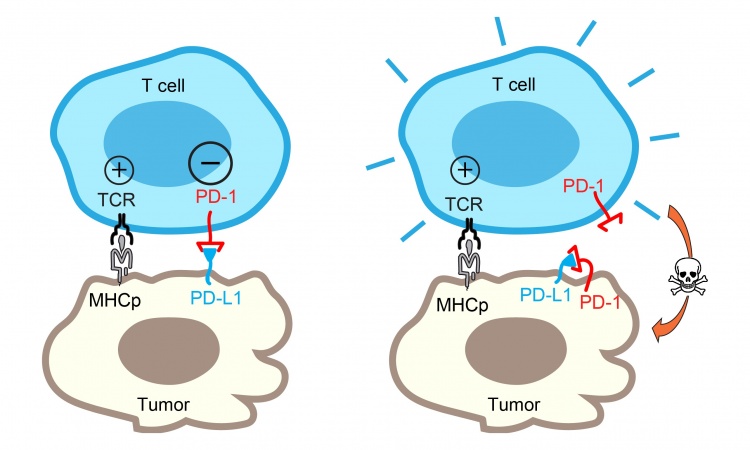News • Cancer 'avatars'
Predicting immunotherapy outcomes with mini tumours
Miniature tumours in the lab are able to predict whether the corresponding real-life patients will benefit from immunotherapy.

Image source: Netherlands Cancer Institute
“We’ve solved a major problem many scientists had been facing: preserving a tumours original composition and structure outside of the patient in the lab”, says cancer researcher Daniela Thommen. The results of her study are published in Nature Medicine.
While some cancer patients experience incredible results from immunotherapy, many others do not benefit from this treatment, which puts patients’ own immune systems to work. By treating tiny bits of tumour tissue from real patients in the lab, Daniela Thommen aims to improve this situation. She tries to match the right treatment with the right patient. "We cut patient tumour samples into small pieces and we treat these 'tumour avatars' outside the patient with different therapies".
But: does a miniature tumour in the lab reflect how a patient will respond to a treatment? The latest research from the Thommen and Schumacher research groups together with many clinicians at the Netherlands Cancer Institute (NKI), confirms that indeed these tumour avatars’ response to treatment in the lab predicts whether the former owner of this tissue (the patient) will respond to the treatment in real life. They analyzed the reaction of the tumour avatars in the lab to immunotherapy called PD-1 blockade and linked this information to treatment responses from 38 patients with various cancer types. “These results confirm that we have a very powerful model system which we can use to develop new diagnostics, and personalize immunotherapy”, says Thommen. “We also found new predictors for response or resistance to immunotherapy. We identified three different subgroups of tumours that do not respond, for example. The tumours that did respond were infiltrated by a specific type of immune cells and formed more immune cell niches in their tumour, the so-called tertiary lymphoid structures. These different markers can now be further tested as predictive markers for treatment response, separately or in combination.”
Source: Netherlands Cancer Institute
11.07.2021











